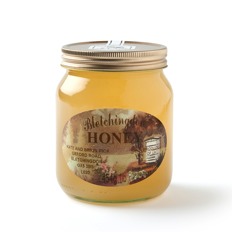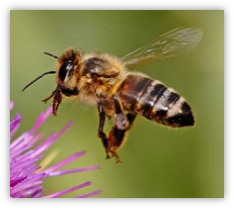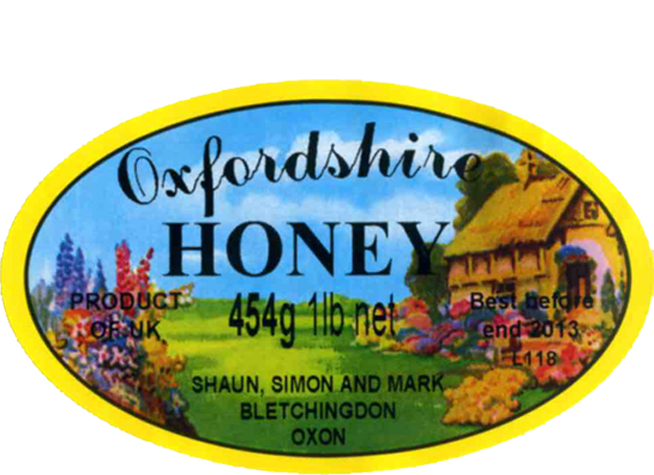

During the early part of the 19th century, certain Hereford cattle beef-farmers, hitherto famed for the quality of their meat production, found a decline in the standard of their products which appeared to coincide with a reduction in the quality of their pastures. Unable to trace the cause of the problem they enlisted the aid of that eminent naturalist, Charles Darwin who readily undertook an investigation.
Some six months later he called the farmers together who, anxiously, enquired whether he had found a solution.
"Yes", replied Darwin - "Tell all the old ladies in the county to keep more cats". A stunning silence greeted this apparent flippant remark until Darwin explained.
The quality of grass you need to maintain prime milk and meat yields depends upon the soil having a sufficient concentration of nitrogen which is fixed by the common red clover (Trifolium Pratense) of which you formerly had in abundance. You now have less because it is not being sufficiently pollinated or at all. This is because it has long corolla which, as a result of the length of their tongues (proboscis) can only be reached (and therefore pollinated) by the bumble bee (Darwin called it a"Humble Bee"). They, as their botanical name (Bombus Terrestris) suggests, live in holes in the ground. Their principal predator is the mouse by which this county is overrun. Get rid of or vastly reduce the mouse population and the Bumble bee will return. Once increased, the pollination of the red clover will improve which, in turn will increase the volume of nitrogen in the soil. The more this is fixed the more the quality of your grass will improve and thus the quality of your yields will return to their earlier high standards.
Thus my advice to all the old ladies of the county.
Whilst this may appear to be but an amusing little tale (albeit true) it nevertheless contains reference to the most important principle of life on earth (whether that life be flora or fauna) - that of POLLINATION. It's importance cannot be too strongly emphasised because, quite simply, without it life on earth would cease. Pollination is carried out by various means - wind-blown seeds, movement of animals and birds but overwhelmingly by insects which are responsible for probably more than 70%. Of those insects, the honey bee (Apis mellifica) is by far the most important.

So what is so special about the honey bee?
There are two reasons. Firstly, in a normal season, there are more bees per species than any other pollinator. A colony of bumble bees for instance may contain 300 or 400 whilst a colony of honey bees, at its height may amount to 60-80,000. Much more importantly however is its habit. Once nectar is rising on a particular plant, the honey bee will visit that particular plant to the exclusion of all others. Consequently, its pollination is virtually 100% effective. This is the most important reason for doing all possible to preserve and encourage the honey bee.
